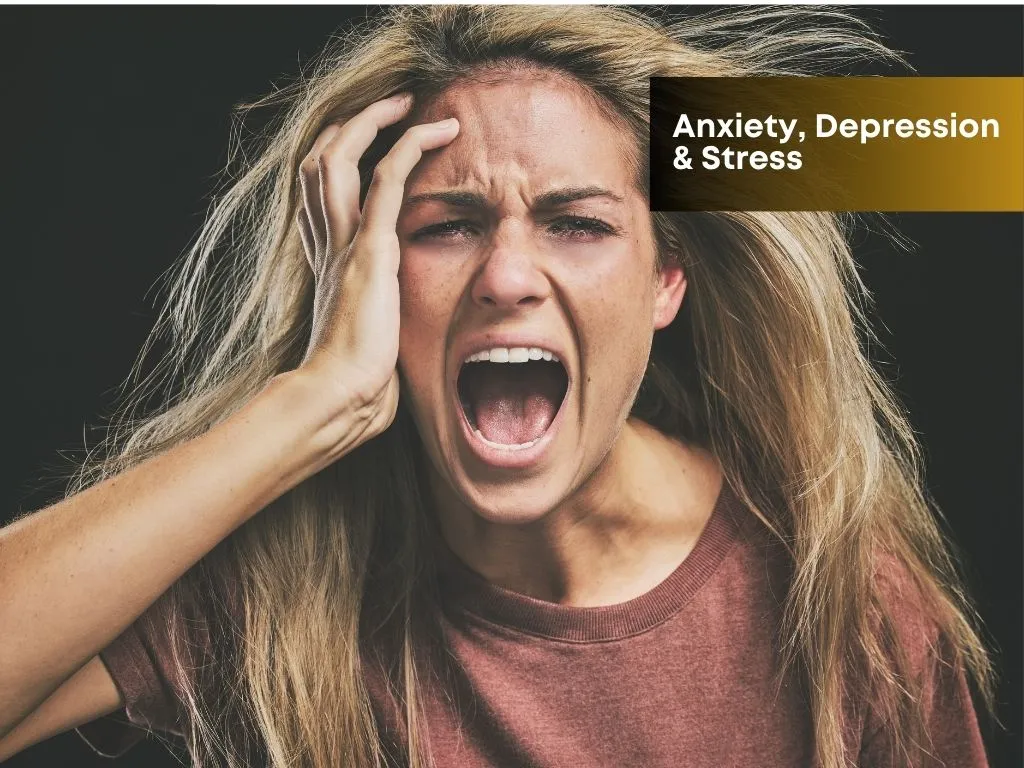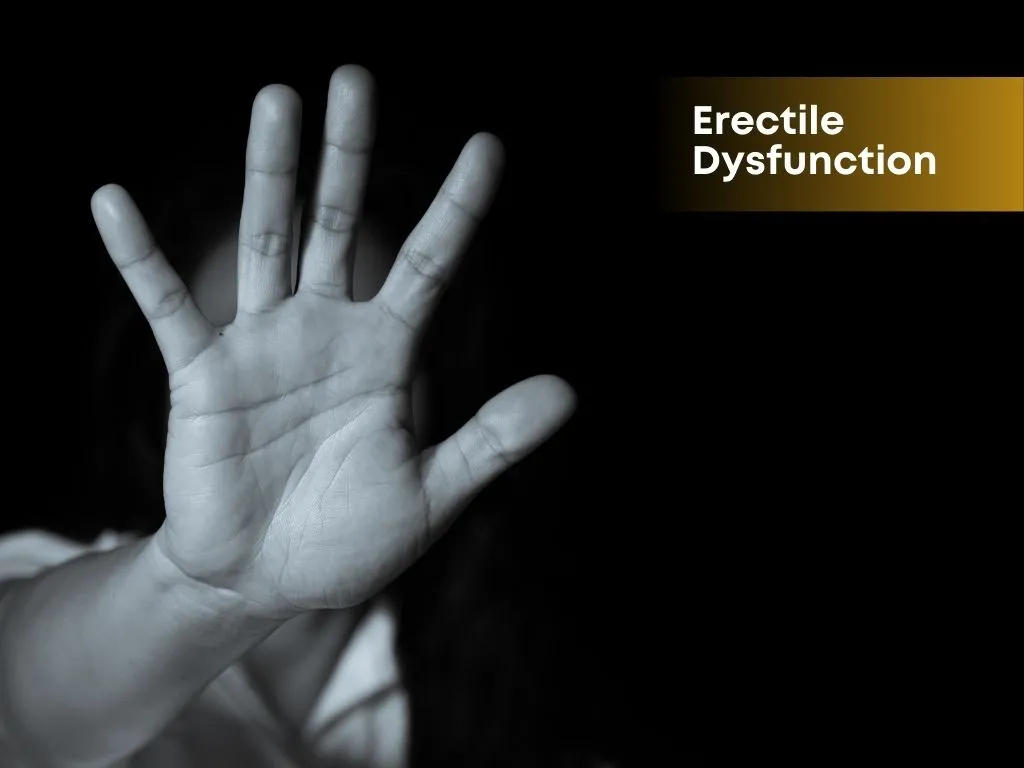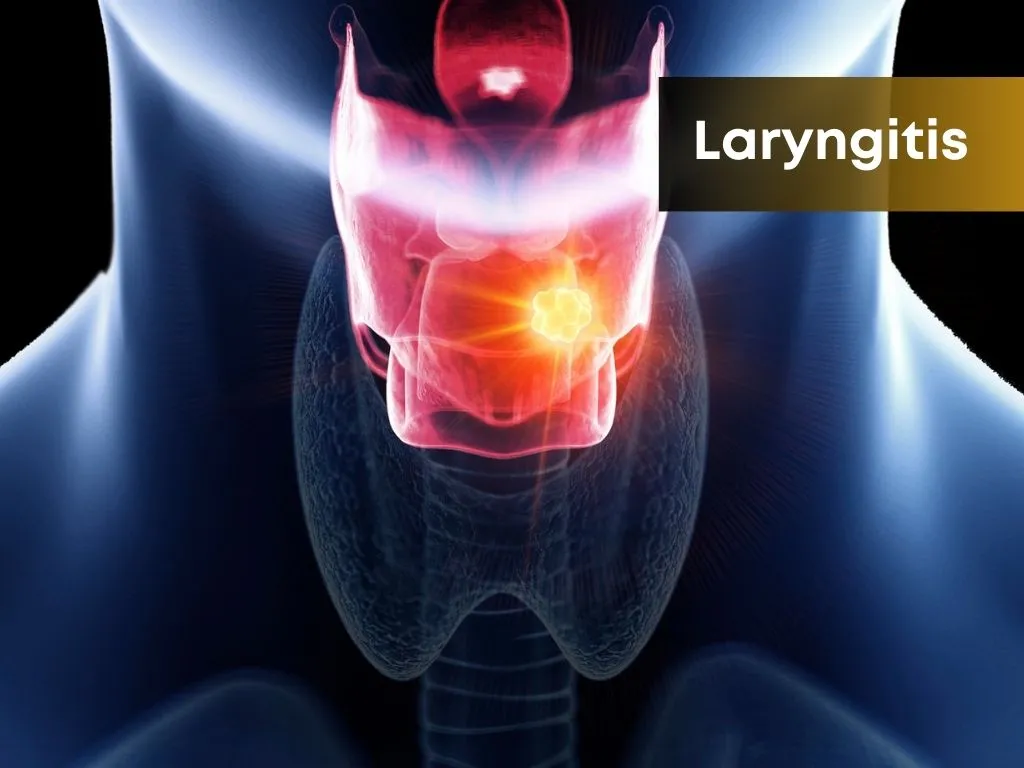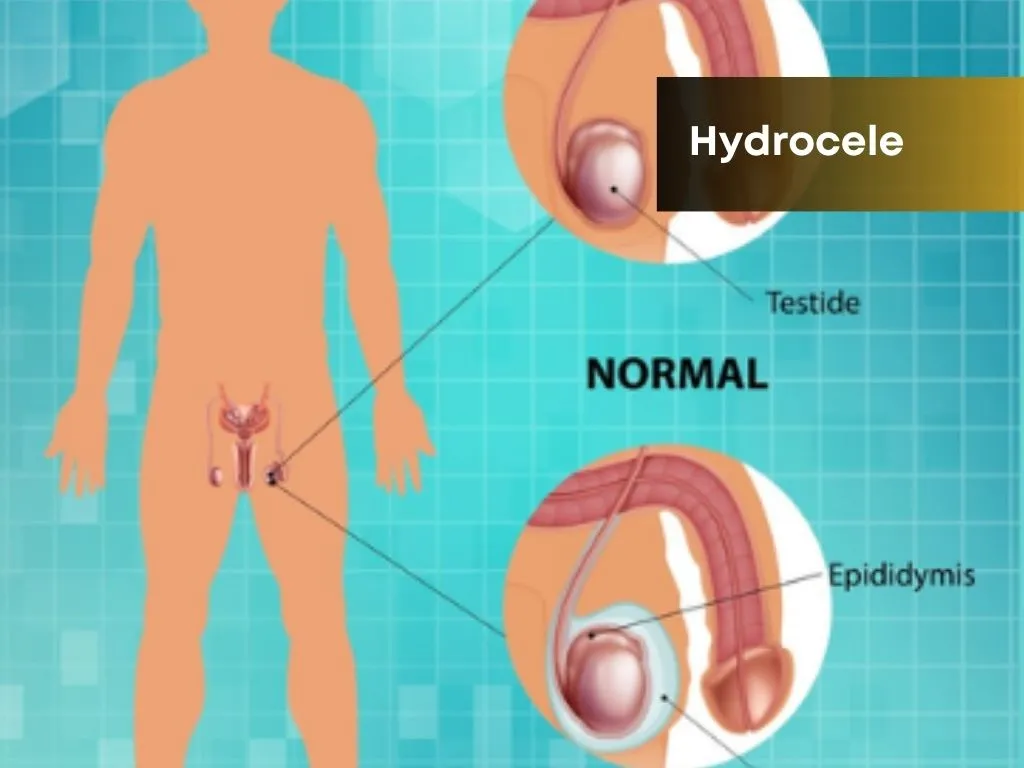Depression, Anxiety & Stress
-
 Nalamaree Team
Nalamaree Team
- 24 September 2025
Overview
Depression: Depression is a mental health disorder characterized by persistent feelings of sadness, hopelessness, and loss of interest or pleasure in activities. It affects how you think, feel, and handle daily activities, often resulting in a variety of emotional and physical symptoms.
Anxiety: Anxiety refers to a natural response to stress or danger, often characterized by feelings of apprehension, worry, or nervousness. However, when anxiety becomes excessive or uncontrollable.
Stress: Stress is the body's natural reaction to challenging or threatening situations, triggering the "fight or flight" response. While stress can be beneficial in certain situations, chronic or excessive stress can lead to physical and mental health problems, including physical, emotional, cognitive, and behavioral changes.
Causes
Depression:
Anxiety:
Stress:
Symptoms
Symptoms of depression may include:
Symptoms of anxiety disorders may include:
Symptoms of stress may include:
Treatment: Modern Medicine
1. Psychotherapy (Talk Therapy):
Cognitive Behavioral Therapy (CBT)
Mindfulness-Based Therapy
Interpersonal Therapy
2. Medication:
Antidepressants
Anti-anxiety medications
Mood stabilizers or Antipsychotics
Treatment: Traditional Medicine
1.Herbal Remedies:
St. John's Wort
Valerian Root
Lavender
Chamomile
2. Dietary Supplements:
Omega-3 Fatty Acids
Vitamin D
Magnesium
3. Relaxation Techniques:
Deep Breathing Exercises
Progressive Muscle Relaxation
Guided Imagery
4. Exercise and Physical Activity:
Regular exercise has been shown to improve mood, reduce symptoms of depression and anxiety, and help manage stress.
Aim for at least 30 minutes of moderate-intensity exercise most days of the week.
5. Mindfulness and Meditation:
Practices such as mindfulness meditation, yoga, and tai chi can help cultivate awareness, reduce rumination, and promote relaxation.
6. Social Support:
Spending time with supportive friends and family members can provide emotional support and help reduce feelings of loneliness and isolation.
7. Creative Outlets:
Engaging in creative activities such as painting, writing, or playing music can serve as a form of self-expression and provide a sense of accomplishment and enjoyment.
Caution
1. Interactions with Medications:
2. Allergic Reactions:
3. Side Effects:
4. Quality and Safety:
5. Pregnancy and Breastfeeding:
6. Health Conditions:
7. Dosage and Duration:
8. Consultation with Healthcare Provider:
Prevention
Build Strong Social Connections:
Maintain supportive relationships with friends, family members, and social networks.
Seek out opportunities for social interaction and participation in community activities.
Reach out for help and support from trusted individuals when you're feeling overwhelmed or distressed.
Develop Coping Skills:
Learn effective coping strategies for managing difficult emotions, such as problem-solving skills, assertive communication, and cognitive reframing techniques.
Practice resilience by cultivating a positive outlook, maintaining a sense of humor, and focusing on strengths and resources during challenging times.
Seek Professional Support:
Don't hesitate to seek help from mental health professionals if you're experiencing symptoms of depression, anxiety, or stress.
Participate in therapy or counseling to develop coping skills, explore underlying issues, and receive support from trained professionals.
Consider medication or other treatment options if recommended by a healthcare provider.





















.jpg.webp)
